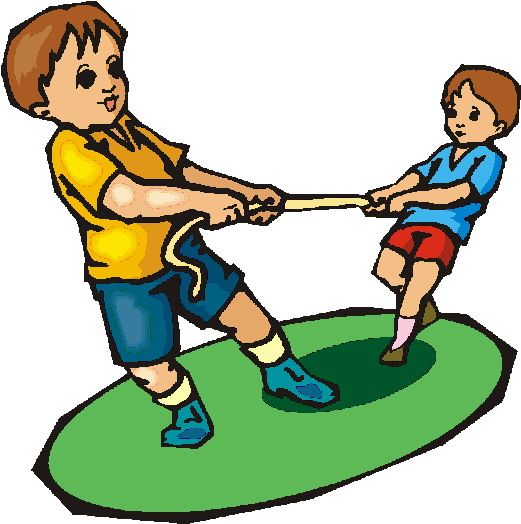First of all, let's get one thing straight. The needs of a gifted child is the same as those of other children. They go through the same developmental stages, just usually at an earlier age.
There are some unique social and emotional issues that gifted children face. It is important to recognize these issues and help our children deal with any problems they may face as a result of their giftedness.
Generally, gifted children seem to be better adjusted than most children their age, are very independent, and usually know exactly what they want.
However, gifted children are usually very aware of their differences as related to their age-mates, and for some finding real friends can sometimes be a difficult and disappointing task because of the differences.
Gifted children are sometimes introverted and like to spend time alone, but at the same time they are eager to have contact with friends their own age. Becoming active in social interests such as sports, music, art lessons, or some other interest activity outside of school will help the gifted child develop relationships with other children who share their interests and talents.
It is not uncommon for gifted students to relate their self-worth to their success in school. Because of their tendency toward perfectionism, this can result in a feeling of low self-worth. If this should happen, we need to help them set reasonable goals for themselves and create opportunities for them to feel more positive about themselves and their talents.
Children often experience and internal "tug-of-war" between themselves and being what they think everyone wants them to be.
To help your gifted child be sure to:
- nurture and encourage your child's unique talents
- help your child set reasonable goals
- encourage friendships with other children who have common interests and abilities
- accept your child as an individual and openly express that acceptance
- be flexible without being too permissive
- if you notice problems....communicate them with the school/teacher and let's solve the problem together!
Understanding Gifted/Talented Children series - Part I - Characteristics of Gifted Children
Understanding Gifted/Talented Children series - Part II - Encouraging Creativity
Dee



No comments:
Post a Comment